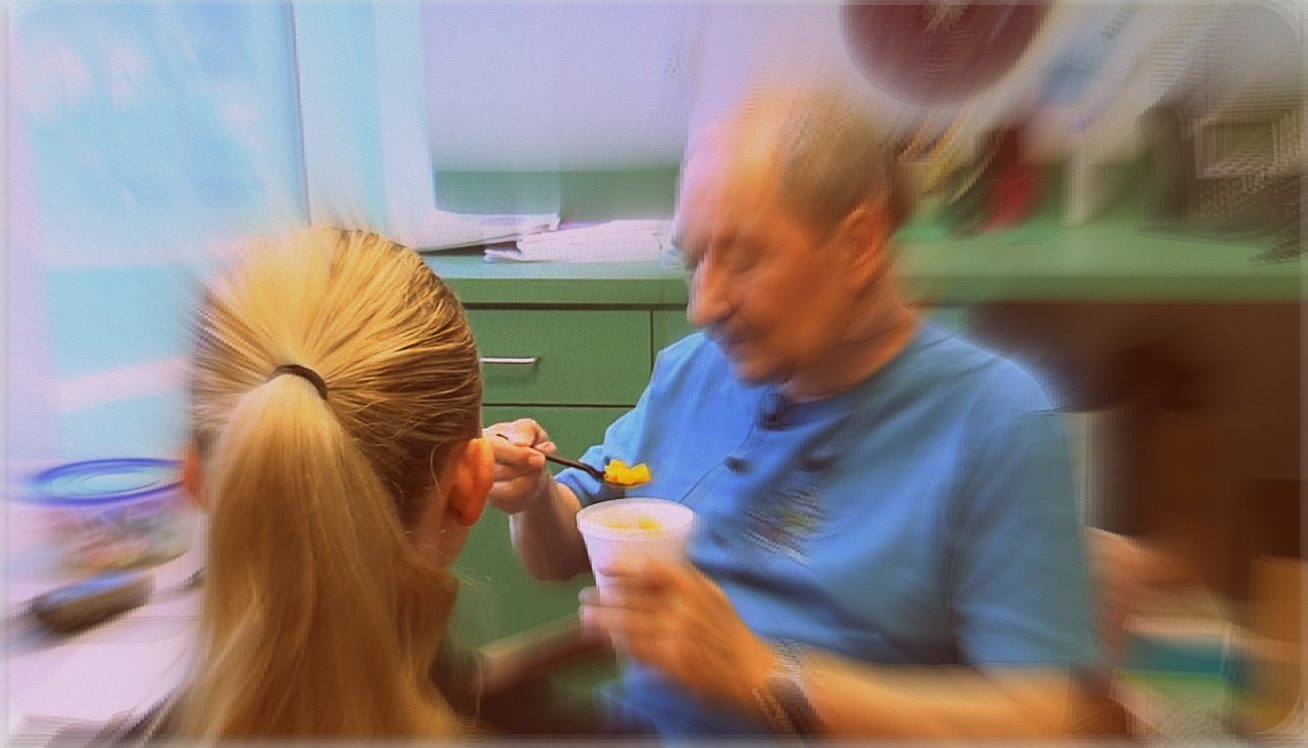Multiple medical conditions can contribute to swallowing and feeding disorders. It can occur across various age spectrums from premature infants to geriatric adults. Incidence and prevalence vary among diagnostic groups. The major concern related to dysphagia is morbidity. For example, dysphagia resulting from stroke is considered to be a major cause of morbidity due to respiratory complications, such as pneumonia and malnutrition. Treatment of swallowing disorder is an important aspect of rehabilitation following stroke. However, this is a highly super specialized field of work and thus requires exceptional clinical expertise. Our professional team of speech therapist are highly trained to provide treatment of swallowing disorders in Kolkata as they have a vast experience of working in several super specialty hospital over the years.

An overview of populations for which there is evidence of swallowing disorders is as follows:
Neurologic Conditions
Dysphagia can result from numerous neurologic etiologies like stroke, head injury, and progressive neurologic disease. Conditions due to which dyspahgia can occur include – stroke, head injury, Amyotrophic Lateral Sclerosis (ALS), Parkinson’s disease, progressive supra nuclear palsy, post polio syndrome, Alzheimer’s disease, multiple sclerosis, myasthenia gravis etc.
Head and Neck Cancer
The treatment for head and neck cancer can result in swallowing disorders, the severity of which can depend on the tumor size, staging and location, and the type of surgical resection and reconstruction.
Other Conditions
Other conditions in the upper aerodigestive tract that can result in swallowing problems include, but are not limited to, tracheostomy, cervical spine surgery and abnormalities, and vocal fold paresis or paralysis.
Pediatric Populations
Conditions which lead to pediatric dysphagia are as follows:
- Prematurity
- Neurologic conditions such as cerebral palsy
- Craniofacial abnormalities such as cleft palate, Mobius Syndrome, Pierre Robin syndrome and velocardiofacial (VCF) syndrome
- Complex Medical Conditions such as birth trauma, prenatal and perinatal asphyxia, and a multitude of genetic syndromes with accompanying structural and neurologic impairment are also at high risk for swallowing and feeding dysfunction.
- Developmental Disability
The speech-language pathologist is a primary professional involved in assessment and management of individuals with swallowing and feeding disorders (ASHA, 2001). To avail professional treatment of swallowing disorders in Kolkata get in touch with us now!
